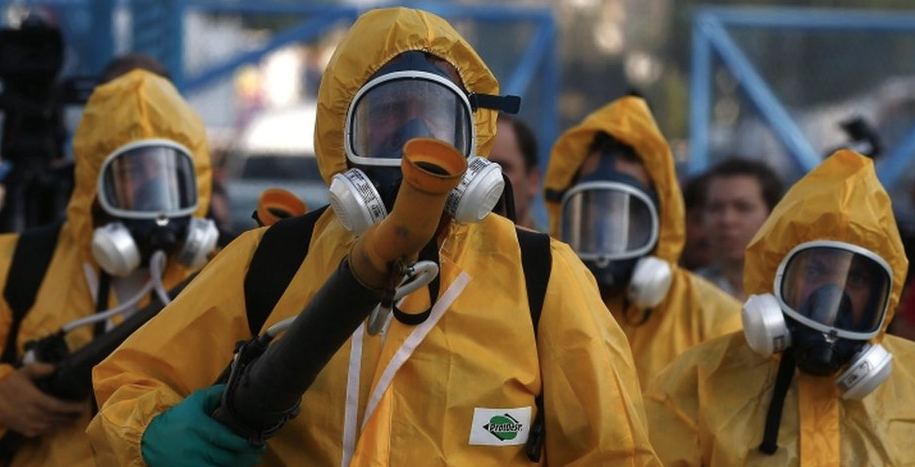Sex, Mosquitoes and the Zika Virus
03 Feb, 2016
The first known case of Zika virus transmission in the United States was reported in Texas on Tuesday by local health officials, who said it likely was contracted through sex and not a mosquito bite, a day after the World Health Organization declared an international public health emergency.
The virus, linked to severe birth defects in thousands of babies in Brazil, is spreading rapidly in the Americas, and WHO officials on Tuesday expressed concern that it could hit Africa and Asia as well. Zika had been thought to be spread by the bite of mosquitoes of the Aedes genus, so sexual contact as a mode of transmission would be a potentially alarming development.
The U.S. Centers for Disease Control and Prevention confirmed it was the first U.S. Zika case in someone who had not traveled abroad in the current outbreak, said CDC Director Dr. Tom Frieden on Twitter.
However, the CDC has not investigated how the virus was transmitted.
After this case, the CDC advised men to consider using condoms after traveling to areas with the Zika virus. Pregnant women should avoid contact with semen from men exposed to the virus.
The Dallas County Department of health said on Twitter that the person was infected through sexual contact with someone who had traveled to Venezuela. The person infected did not travel to the South American country, county health officials said.
The Texas Department of State Health Services was slightly more cautious in its assessment, saying in a statement, “Case details are being evaluated, but the possibility of sexual transmission from an infected person to a non-infected person is likely in this case.”
County authorities said there were no reports of the virus being transmitted by mosquitoes in the Texas county.
Previously, international health officials had noted one U.S. case of possible person-to-person sexual transmission. But the Pan American Health Organization said more evidence was needed to confirm sexual contact as a means of Zika transmission. The medical literature also has one case in which the virus was detected in semen.
The virus has been reported in more than 30 countries and linked to microcephaly, in which babies have abnormally small heads and improperly developed brains.
The WHO has said the virus could infect 4 million people in the Americas. It said on Tuesday it launched a global response unit to fight the mosquito-borne virus.
“Most important, we need to set up surveillance sites in low- and middle-income countries so that we can detect any change in the reporting patterns of microcephaly at an early stage,” Dr. Anthony Costello said in Geneva. Costello is WHO’s director for maternal, child and adolescent health.
Twenty to 30 sites could be established worldwide, mainly in poor countries without robust healthcare systems, Costello said.
WHO Director-General Margaret Chan said on Monday it was “strongly suspected but not yet scientifically proven” that Zika causes microcephaly.
Reuters
Image BBC Breaking News
Mentioned In This Post:




















